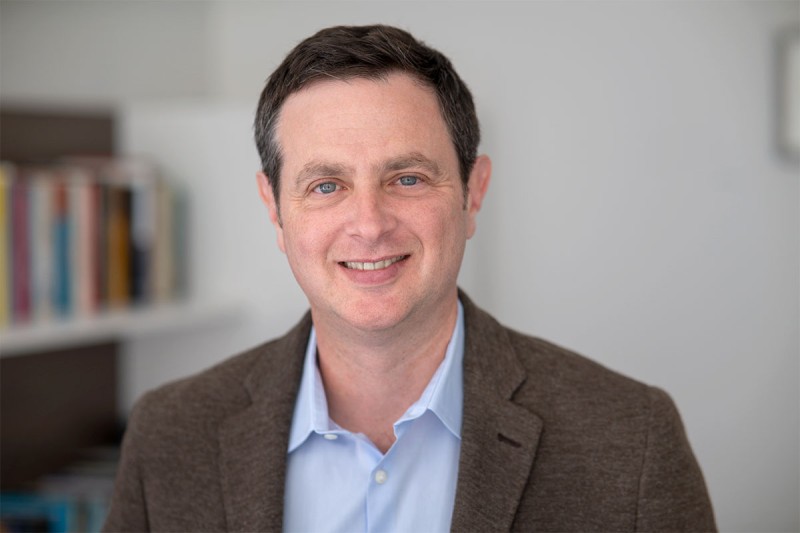
Dr. Greenbaum’s main research interests have long centered around the fundamental question of self vs non-self discrimination: How does the immune system recognize and target particular molecular patterns and sequences as ‘foreign’, and how does this affect the evolution of tumors and viruses? As the director of Computational Immuno-Oncology within the Computational Oncology Service, Dr. Greenbaum combines statistical physics and information theory with evolutionary biology. After a PhD in theoretical physics from Columbia University he focused on the effect of the innate immune system on viral evolution: his models predicted how the 1918 influenza virus evolved after the pandemic and continued to be cited during Covid-19. His next step took him from virally transcribed RNA to viral mimics: RNA produced from genomic repeat elements in cancer cells. He applied methods from statistical physics to quantify how the immune system recognizes these aberrantly transcribed self-RNAs. Dr. Greenbaum developed the first models to quantify this ‘viral mimicry’, molecular patterns reminiscent of pathogens that can activate the innate immune system. Within the last few years Dr. Greenbaum’s group and his collaborators also created models to predict the role of neoantigens in tumor evolution, and they established the concept of ‘neoantigen quality’ to assess the likelihood that a neoantigen will induce an immune response. His team discovered an immune tradeoff in cancer evolution: oncogenic mutations with lower fitness present poorly to the immune system, while mutations with high fitness generate potent neoantigens. Dr. Greenbaum’s work is supported by various federal and philanthropic grants and awards and has contributed to several clinical trials, including a phase II trial to test an inhibitor of repeat elements in colorectal cancer and a phase I trial for an mRNA vaccine against neoantigens in pancreatic cancer.
View a full listing of Benjamin Greenbaum’s journal articles.
Disclosures
Members of the MSK Community often work with pharmaceutical, device, biotechnology, and life sciences companies, and other organizations outside of MSK, to find safe and effective cancer treatments, to improve patient care, and to educate the health care community. These activities outside of MSK further our mission, provide productive collaborations, and promote the practical application of scientific discoveries.
MSK requires doctors, faculty members, and leaders to report (“disclose”) the relationships and financial interests they have with external entities. As a commitment to transparency with our community, we make that information available to the public. Not all disclosed interests and relationships present conflicts of interest. MSK reviews all disclosed interests and relationships to assess whether a conflict of interest exists and whether formal COI management is needed.
Benjamin Greenbaum discloses the following relationships and financial interests:
-
Icahn School of Medicine at Mount Sinai
Intellectual Property Rights -
Rome Therapeutics
Equity; Intellectual Property Rights; Professional Services and Activities -
Shennon Biotechnologies Inc.
Equity
-
Sibyl Analytics LLC
Equity; Fiduciary Role / Position; Professional Services and Activities (Uncompensated) -
Zonklers, LLC
Professional Services and Activities (Uncompensated)
The information published here is a complement to other publicly reported data and is for a specific annual disclosure period. There may be differences between information on this and other public sites as a result of different reporting periods and/or the various ways relationships and financial interests are categorized by organizations that publish such data.
This page and data include information for a specific MSK annual disclosure period (January 1, 2024 through disclosure submission in spring 2025). This data reflects interests that may or may not still exist. This data is updated annually.
Learn more about MSK’s COI policies here. For questions regarding MSK’s COI-related policies and procedures, email MSK’s Compliance Office at [email protected].
View all disclosures
